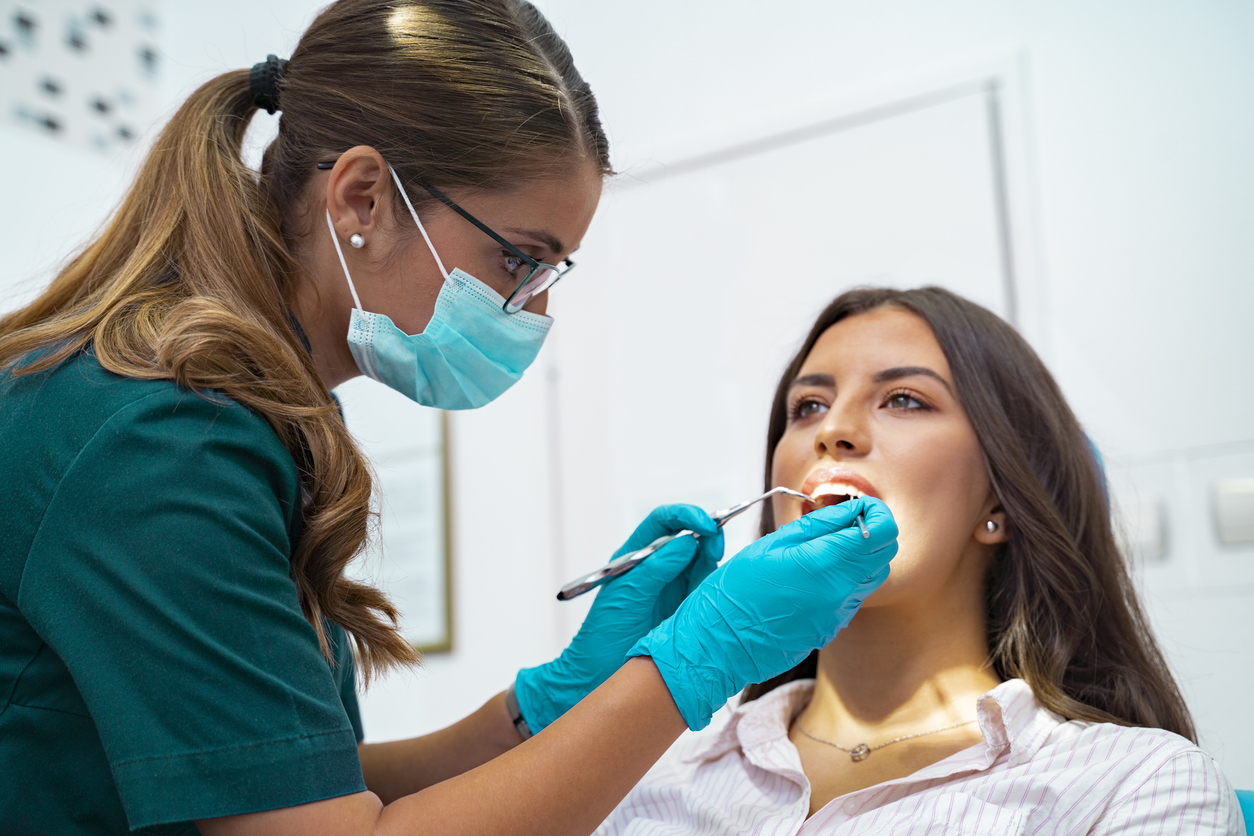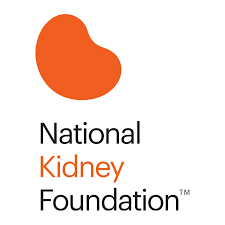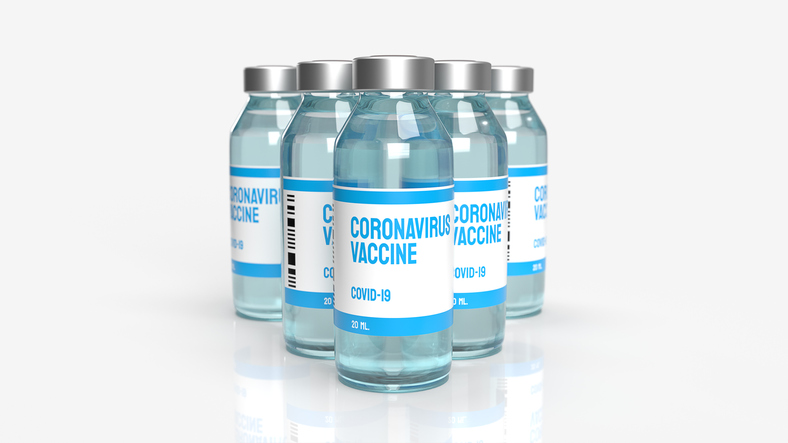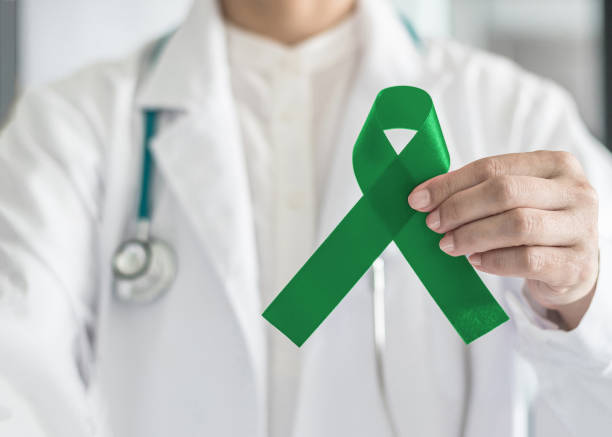“People with kidney disease should schedule dental visits for days that immediately follow a dialysis day. They should also follow these steps at each dental visit:
List your meds. Be sure that your dentist has a list of all your medications
Premedicate. Most physicians recommend that kidney disease patients take antibiotics before receiving dental treatments because they are at increased risk of infections due to the presence of the shunt used for dialysis. The shunt is a tube that is surgically attached to a blood vessel in the arm or leg of a patient with kidney disease so that it is connected to the dialysis machine during the dialysis process.
Place blood pressure cuff properly. Tell your dental professional or whoever is taking your blood pressure where your shunt is located and be sure that they place the blood pressure cuff on an arm or leg that doesn’t contain the shunt.”
Find out more information, here.








